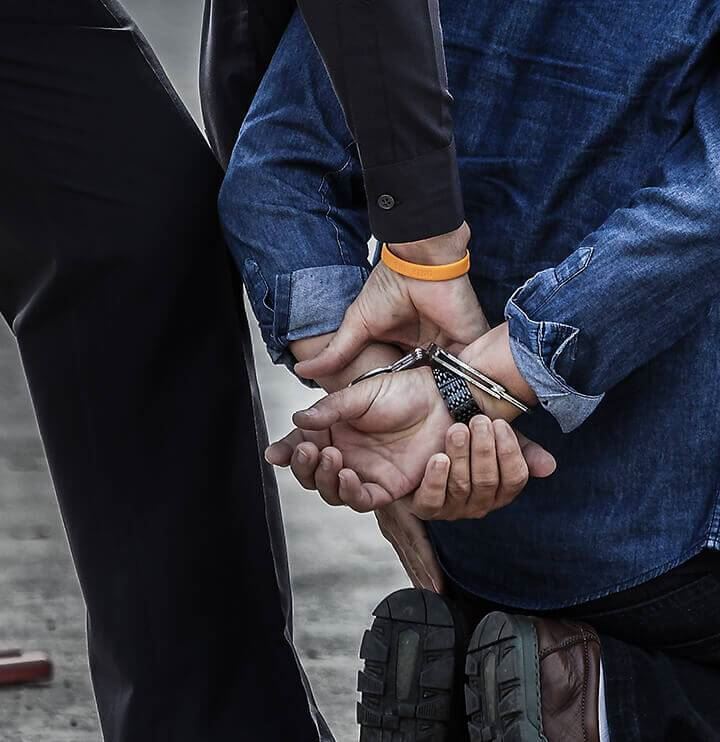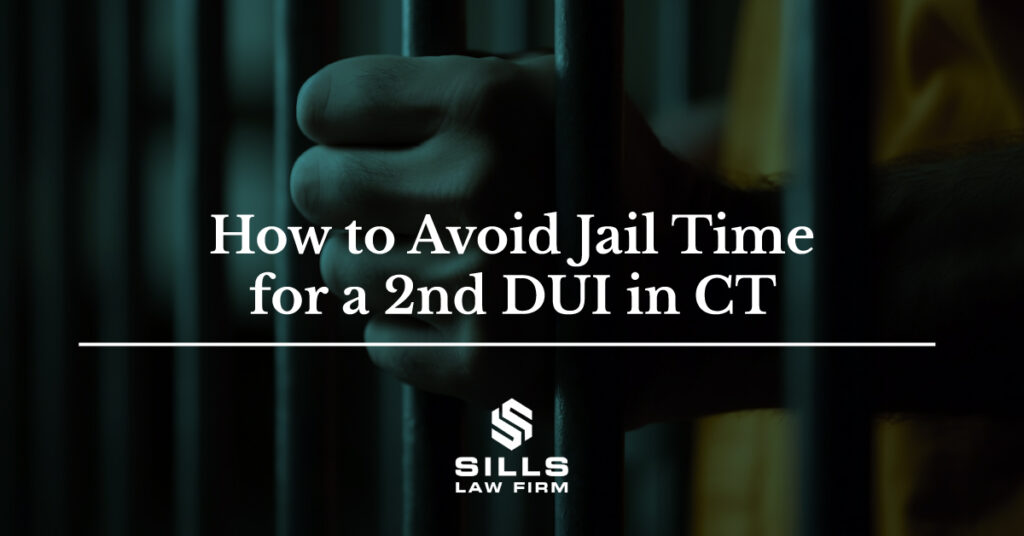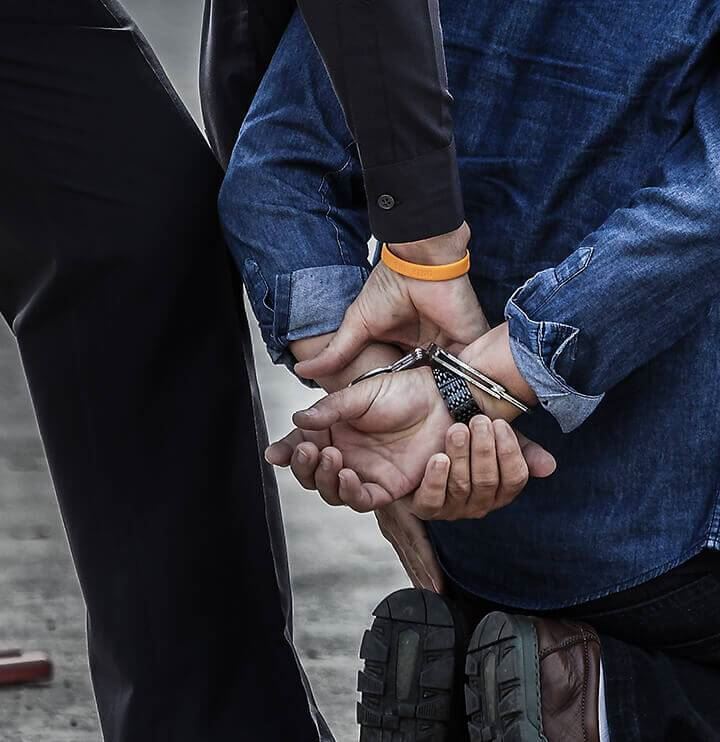In today’s society, when two people are involved in a romantic relationship, they may want to spice things up by sending each other nude photos of another other or even record themselves perform sexual acts through their cellphones. Unfortunately, when a relationship turns sour, a spiteful ex may share these intimate images with the other partner’s friends and family members, employers and coworkers, or online for the world to see.
This is commonly known as “revenge porn.” A person commits this crime if he/she has an image of another individual’s intimate body part or an image of that individual engaged in sexual activity, he/she intentionally shares that image, the victim stated the image was private, he/she knows or should’ve known sharing the image will cause the victim serious emotional distress, and the victim suffers emotional agony.
Although there is no federal law addressing revenge porn, most states throughout the country have enacted laws against this criminal offense. In 2015, Connecticut lawmakers passed a revenge porn law, making “unlawful dissemination of intimate images” a Class A misdemeanor offense, punishable by a maximum one-year jail term and/or a fine no more than $2,000.
A person is guilty of unlawful dissemination of an intimate image if:
- He/she intentionally publishes, shares, or publicizes a picture or video of another person’s private parts or sexual activity.
- He/she intentionally publishes, shares, or publicizes the image without the other person’s consent.
- The person on the image suffers harm as a result of revenge porn.
State prosecutors can charge multiple counts of this sex crime for each photo or video shared. Furthermore, the individual featured on the image can sue the defendant in civil court.
Additionally, a person accused of revenge porn in Connecticut could be charged with voyeurism, which is defined as knowingly filming, photographing, or otherwise recording another person’s private parts or sexual activity without that individual’s knowledge or consent. The recording must be done not within plain view and the recorded individual has a reasonable expectation of privacy.
Voyeurism is also a Class A misdemeanor; however, if the person responsible for recording the other individual shares, publishes, or publicizes the images and doesn’t have the recorded individual’s permission, it is a Class D felony, which carries a prison sentence of up to five years and/or a maximum $5,000 fine.
Due to the seriousness of the criminal penalties for revenge porn, having an experienced criminal defense attorney on your side can help you obtain the most favorable results in your case. At The Sills Law Firm, our legal team can investigate your case, gather evidence, and figure out if there are any weaknesses in the prosecutor’s argument or if the police violated your constitutional rights.
If you have been accused of revenge porn in Connecticut, contact us today at (860) 524-8118 and schedule a free consultation. Get more than six decades of legal experience on your side immediately!






